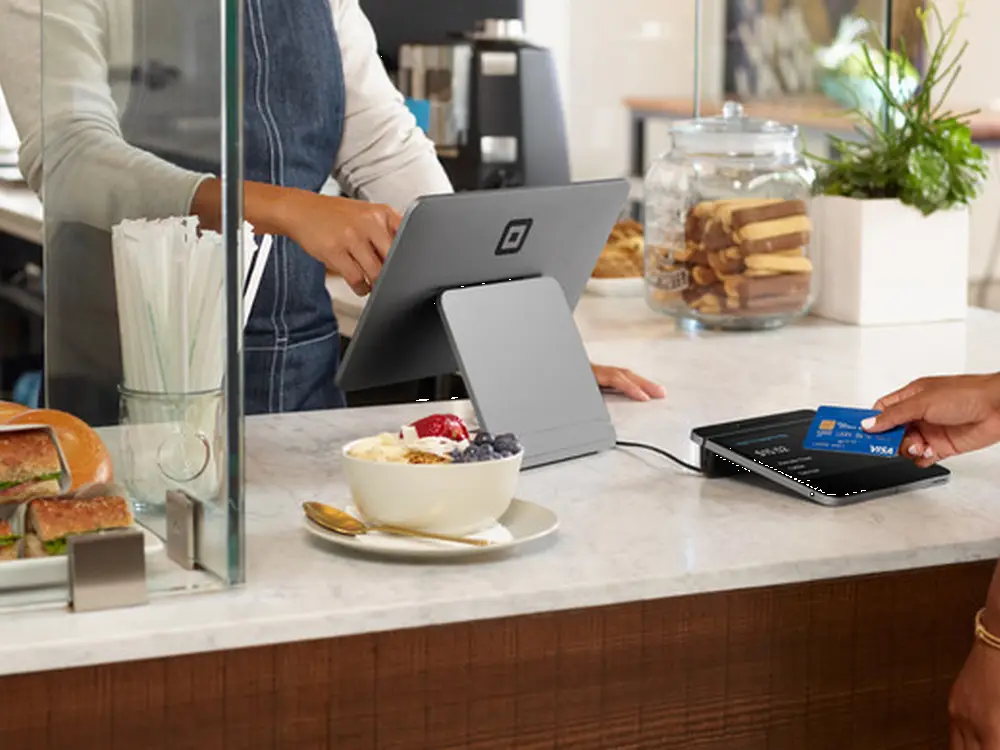Welcome to the Ultimate Guide on Choosing the Right POS System for Your Business in 2024
Are you looking to streamline your business operations and enhance customer experiences in 2024? A Point of Sale (POS) system is a critical decision for any business that deals with sales transactions. Understanding the basics of a POS system, its benefits, and how it can improve your business operations is key to making an informed decision.
What is a POS System and Why Do You Need One?
Understanding the Basics of a POS System
A POS system is a combination of hardware and software that allows businesses to process transactions efficiently at the point of sale. It typically includes a cash register, barcode scanner, receipt printer, and software to manage sales data.
Benefits of Implementing a POS System in Your Business
Implementing a POS system can help you track sales, manage inventory, analyze customer data, and improve overall efficiency. It enables you to make data-driven decisions to optimize your business processes.
How a POS System Can Improve Your Business Operations
A POS system streamlines sales processes, reduces human errors, and provides insights into consumer behavior. It enhances customer service by speeding up transactions and improving overall customer experience.
Factors to Consider When Choosing the Best POS System
Determining Your Business Requirements for a POS System
Before choosing a POS solution, assess your business needs such as sales volume, inventory size, and integration with other systems. Understanding these requirements will help you select the right POS system that aligns with your business goals.
Evaluating Customer Support Offered by POS System Providers
Customer support is crucial when selecting a POS system. Look for providers that offer reliable support and training to ensure smooth implementation and ongoing assistance for your business.
Examining the Ease of Use of Different POS Solutions
Choose a POS system that is user-friendly and intuitive for your staff. Easy-to-use software can enhance productivity and reduce training time for employees.
Key Features to Look for in a POS System
Effective Inventory Management Capabilities
An ideal POS system should have robust inventory management features to help you track stock levels, manage reorder points, and streamline purchasing processes.
Insights into Your Business Through Detailed Reporting Features
Look for a POS system that provides in-depth reporting capabilities, including sales trends, top-selling products, and customer purchasing behavior. These insights can guide your business decisions.
Integrated Customer Relationship Management (CRM) Functionality
A POS system with CRM functionality enables you to track customer information, purchase history, and preferences. Building strong customer relationships can lead to repeat business and loyalty.
Hardware and Software Considerations for Your POS System
Choosing the Right POS Hardware for Your Business Needs
Select POS hardware that fits your business requirements, such as terminals, card readers, and mobile devices. Compatibility and durability are key factors to consider when investing in hardware.
Understanding the Importance of Software Compatibility with Your POS System
Ensure that the POS software you choose integrates smoothly with your existing systems, such as accounting software or e-commerce platforms. Seamless software integration enhances operational efficiency.
Ensuring Seamless Integration of POS Components in Your Business Environment
Integration of POS components, including hardware and software, is crucial for optimal performance. Ensure that all components work seamlessly together to avoid disruptions in your business operations.
How to Make an Informed Decision When Selecting a POS System
Comparing Different POS Solutions to Find the Right Fit
Explore various POS solutions available in the market and compare their features, pricing, and reviews. Select the one that best meets your business requirements and budget.
Assessing the Total Cost of Ownership for Each POS System
Consider not only the initial cost of the POS system but also factors like maintenance, software updates, and training expenses. Calculate the total cost of ownership to determine the long-term value of the system.
Seeking Recommendations and Reviews from Other Businesses in Your Industry
Consult with other businesses in your industry or read online reviews to gather insights on the performance and reliability of different POS systems. Real-world experiences can help you make an informed decision.


